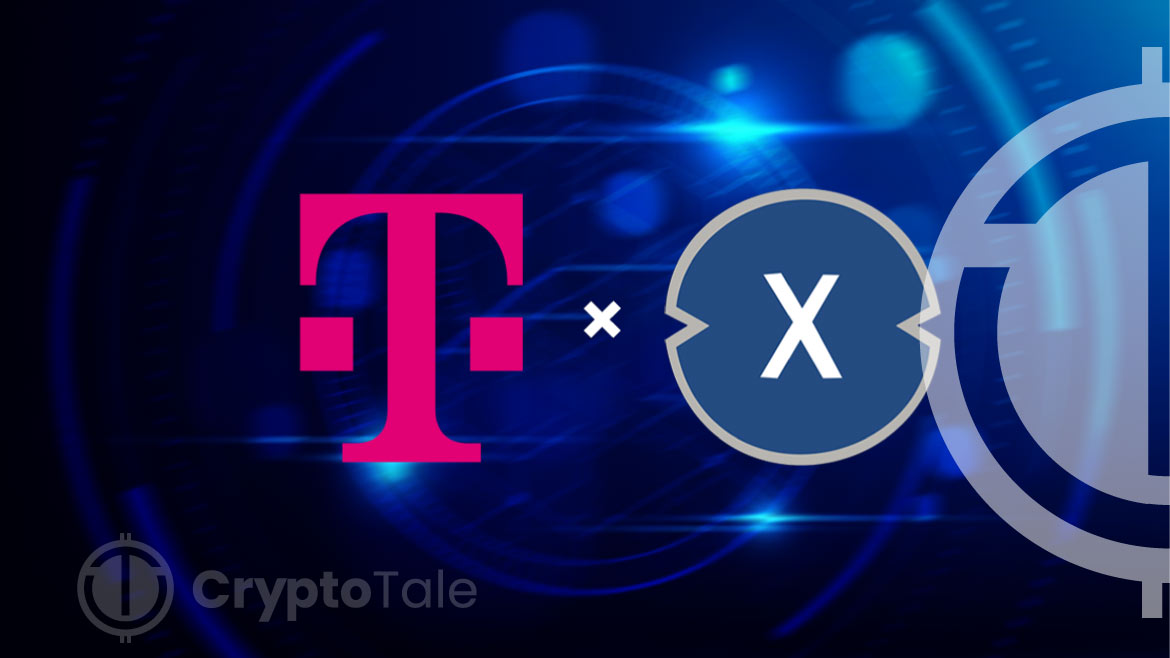- Deutsche Telekom MMS expands Web 3.0 services by joining the XDC Network, enhancing blockchain infrastructure.
- The XDC Network, compatible with Ethereum, offers fast transactions and minimal gas fees, hosting various tokenized assets.
- Deutsche Telekom MMS strengthens its blockchain presence with validators on major PoS networks and staking services.
Deutsche Telekom MMS, a subsidiary of the German telecommunications behemoth, has announced its expansion into the XDC Network. This move marks a strategic extension of Deutsche Telekom MMS’ Web 3.0 services. The integration targets a blockchain ecosystem focused on tokenized real-world assets (RWA), trade finance, and DePin.
The XDC Network, known for its compatibility with the Ethereum Virtual Machine (EVM), is a Layer-1 blockchain that prides itself on fast transaction speeds and “near zero” gas fees. It hosts USD and Euro-pegged stablecoins alongside tokenized assets such as gold and US Treasuries. The network has housed the EURS stablecoin, deployed by STASIS, for two years.
Deutsche Telekom MMS has a robust presence in the blockchain arena, running validators on various Proof-of-Stake (PoS) blockchains, including Ethereum (ETH), Polygon (MATIC), and Polkadot (DOT). The company also offers staking services, allowing customers to earn rewards by depositing tokens and supporting network maintenance.
Deutsche Telekom MMS will join the XDC Network as an infrastructure provider and operate a standby master node. This node type is unique because it only activates when the number of operating validator master nodes falls below the required level of 108, ensuring network resilience and continuity.
Dirk Roder, head of Deutsche Telekom MMS’s Web 3.0 unit, highlighted the strategic importance of this alliance. He noted that it leverages Deutsche Telekom’s enterprise-grade infrastructure to enable secure blockchain applications, particularly in finance. Roder previously hinted during the Bitcoin Prague conference that the company plans to enter the Bitcoin (BTC) mining industry.
Earlier in July, Deutsche Telekom joined forces with SQD Network, formerly known as Subsquid, to provide decentralized storage, computing resources, and worker nodes. This partnership aims to enhance SQD’s decentralization and provide robust and scalable infrastructure.
Pixelverse and Notcoin Partnership Boosts $1M Trading Competition in Web3 GamingIn addition to blockchain, Deutsche Telekom is also exploring artificial intelligence (AI), as evidenced by its strategic partnership with the Fetch.ai Foundation earlier this year. This collaboration made Deutsche Telekom one of the first corporate partners of Fetch.ai, further diversifying its technological portfolio.
Deutsche Telekom MMS’s integration into the XDC Network represents a significant advancement in its blockchain strategy. The platform ensured enhanced security, scalability, and innovative applications in the financial sector. This move highlights Deutsche Telekom’s commitment to leveraging cutting-edge technology to drive the future of digital finance and decentralized applications.






